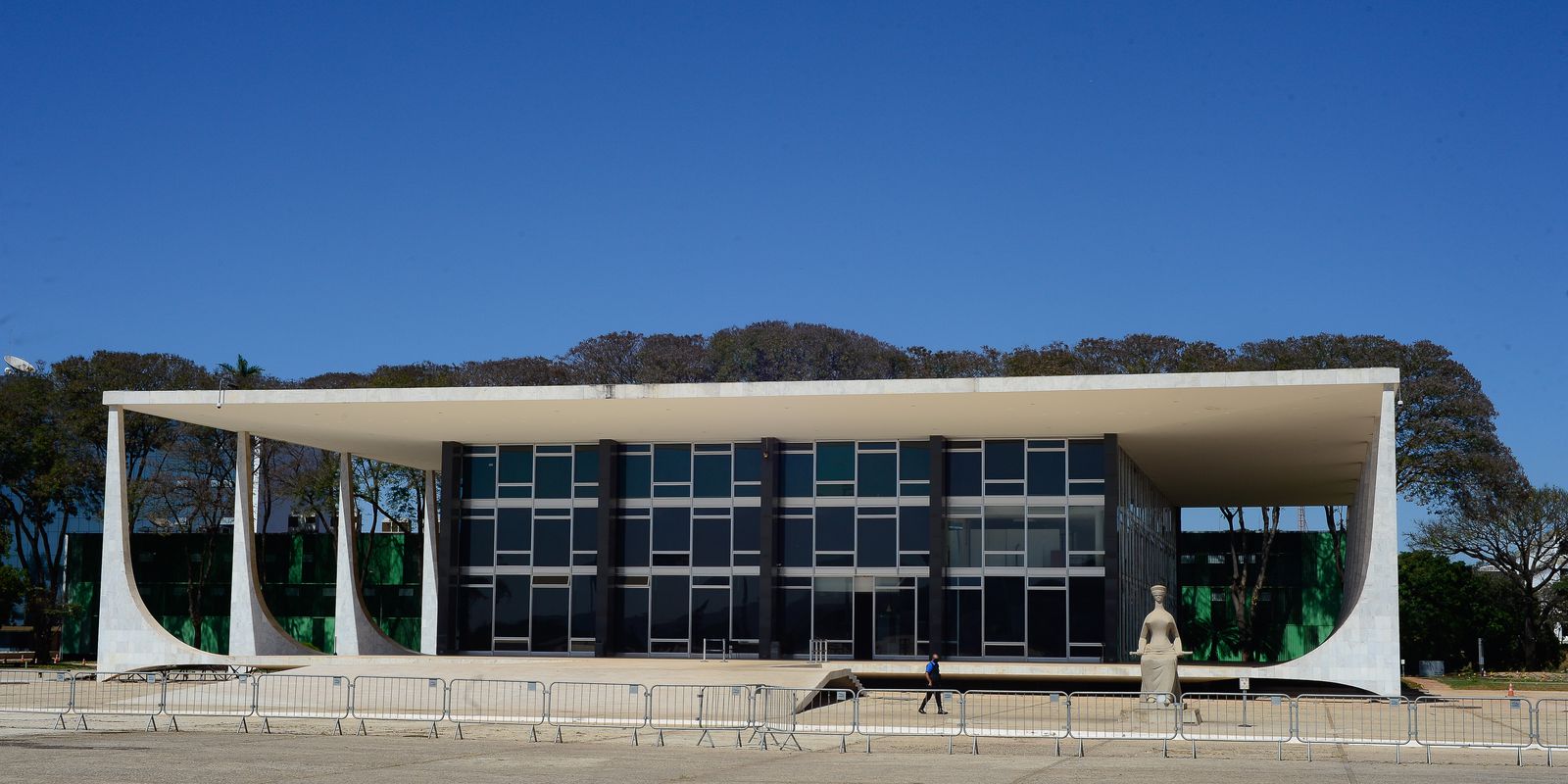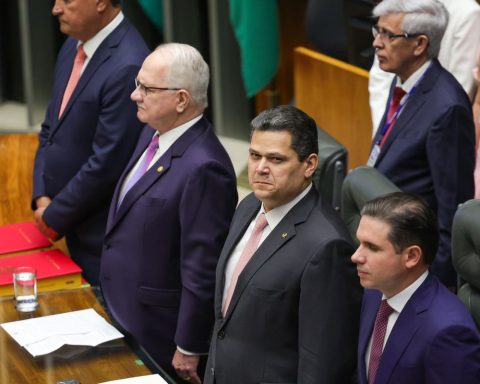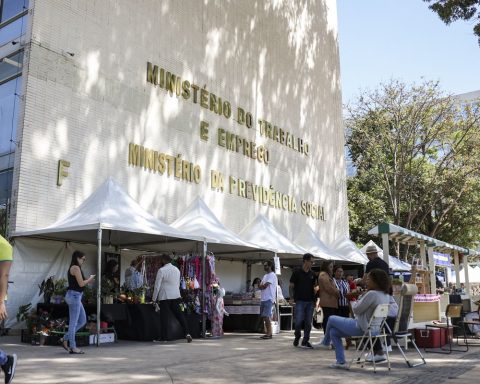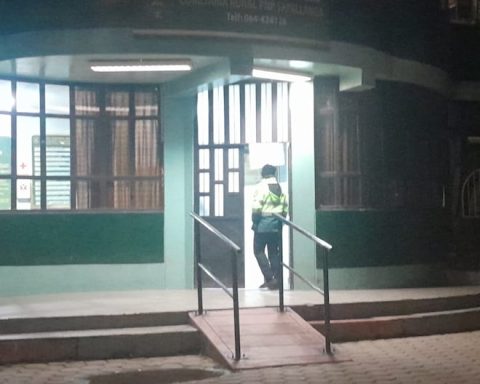The Federal Supreme Court (STF) began judging today (7) the constitutionality of the rapporteur’s amendments to the Union Budget, drawn up by the National Congress. 
The session was dedicated only to the oral arguments of the parties involved in the process. Voting should only begin on December 14, when the trial will resume.
The judgment is motivated by four lawsuits filed last year by the Citizenship, PSB, PSOL and PV parties. According to the subtitles, the adoption of this type of amendment, identified as RP9, is illegal and not provided for in the Constitution.
Furthermore, the parties argue that the amendments can only be used as a technical instrument by the Budget rapporteur for adjustments to the budget bill.
However, according to the subtitles, the amendments are used by the Federal Executive to co-opt deputies and senators to vote on matters of their interest in exchange for direct allocations to public bodies, without identifying the deputies and senators who indicated the application of resources.
arguments
The Minister of the Attorney General’s Office (AGU), Bruno Bianco, defended the constitutionality of the amendments and stated that the National Congress has the prerogative to decide on the allocation of budget resources through amendments to the Budget.
Bianco also defended the inspection and punishment of eventual deviations. “The constitutional text does not contain a prohibitive commandment for the creation of mechanisms that increase the influence of the Legislative Power over budget execution, through infra-constitutional norms. There is no impediment of any kind”, he said.
The Advocate General of the Chamber of Deputies, Jules Michelet, said that the amendments are foreseen in the internal regulations of the House. He admitted that there was an expansion of the Legislative in the participation of the Budget, but the measure had the approval of the Executive.
The representative of the House stated that there were changes to increase transparency, such as associating the names of parliamentarians with the indication of resources.
“Legislators, when they make budget decisions, do not take them for their own benefit, they take them for the benefit of the people they represent, and it is legitimate to do that,” he said.
The representative of the Movement to Combat Electoral Corruption (MCCE), Marlon Reis, said that there is no transparency in the amendments and there is difficulty in obtaining information about the parliamentarians involved in the distribution of resources.
“The separation of powers is being seriously degraded by this practice. Budget execution is a typical activity of the executive branch. It is quite true that part of this execution was historically granted to the legislative branch, but never in amounts that could replace the executive branch”, he argued.
Guilherme Amorim, from Transparência Brasil, stated that the amendments encourage fraud and grant the Legislature the power to transfer resources to programs in the areas of education and health, aggravating social problems.
“The prevalence of personal criteria in the distribution of funds from the secret budget generates a series of serious impacts on the functioning of the State and on the lives of Brazilians”, he concluded.
In December last year, the STF decided to release the execution of the rapporteur’s amendments. THE decision was taken after Minister Rosa Weber, rapporteur of the process, suspended the transfer of resources until the final judgment of the matter.
















